Ranking MLB's stadiums from 1 to 30: Baseball travelers' favorite ballparks
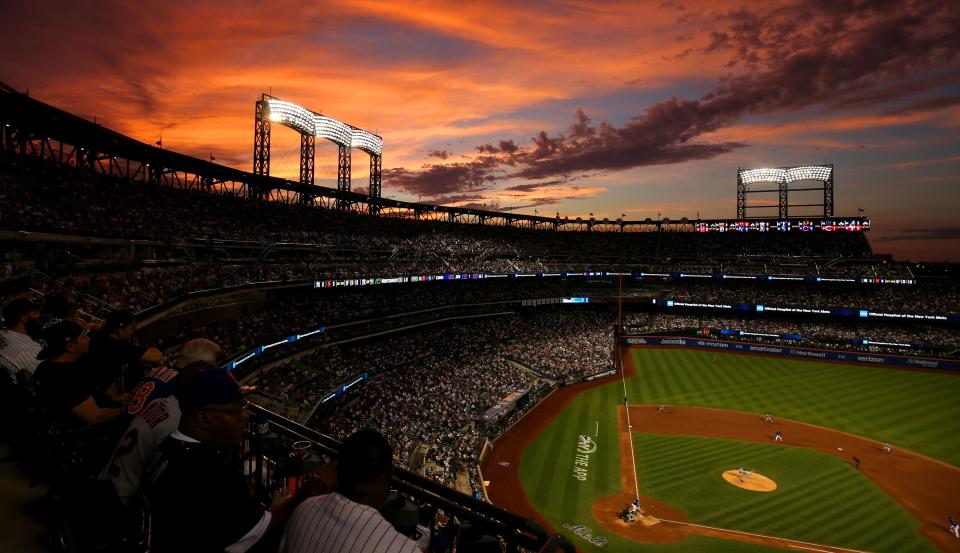
The crack of the bat. Peanuts. Cracker Jack. Things of that nature.
There's nothing like a trip to the ballpark to take in a Major League Baseball game – whether you're a score-keeping fanatic, casual fan or a kid just there for the ice cream helmet cups.
MLB's stadiums each have their own unique history, with ballparks ranging in age from over 100 years old (Fenway Park and Wrigley Field) to Texas' retractable roof stadium that just opened in 2020.
With the goal of creating the ultimate MLB stadium rankings, eight baseball reporters and editors from around the USA TODAY Network ranked MLB's current stadiums 1-30, adding up the aggregate scores to determine the order.
1. PNC Park – Pittsburgh Pirates
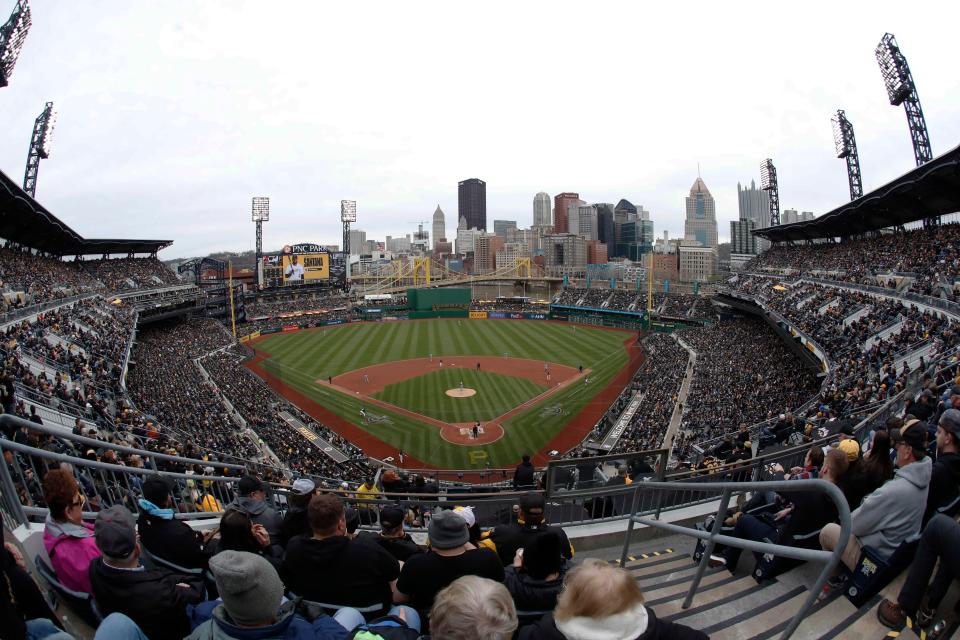
Joe Mock of BaseballParks.com's review: "Even without changing a thing, this is a ballpark that seems to become more beautiful as time goes by, with its intimate architecture and breathtaking view. Please, Pirates, don’t make any changes!"
Year opened: 2001
Capacity: 38,747
2. Oracle Park – San Francisco Giants
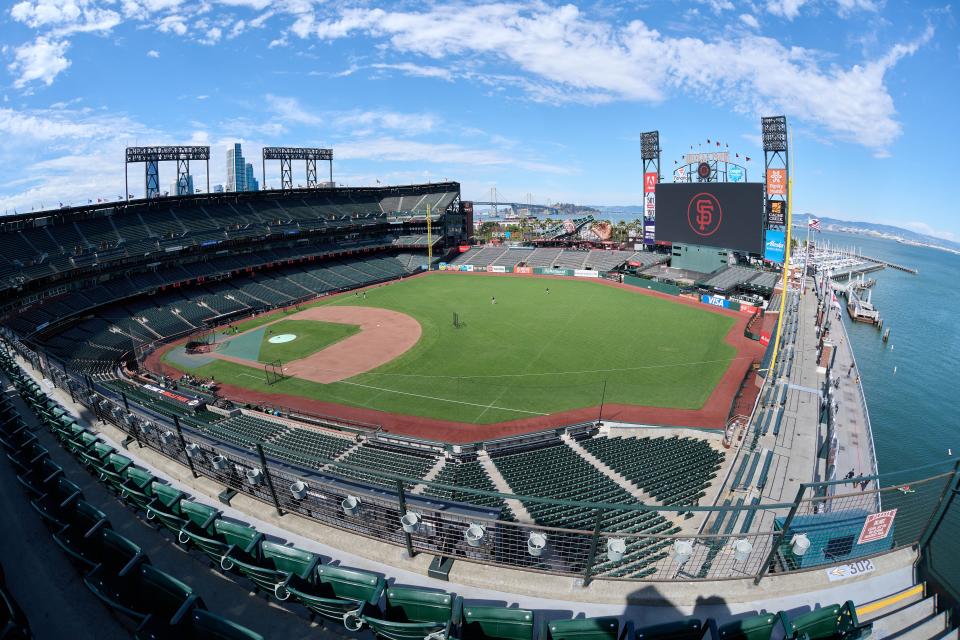
"Celebrating its 25th season in 2024, the park by the Bay currently carries its fourth corporate sponsorship name. Giants fans enjoy not only a stupendous view, but arguably the best concessions in the sport."
Opened: 2000
Capacity: 41,265
3. Wrigley Field – Chicago Cubs
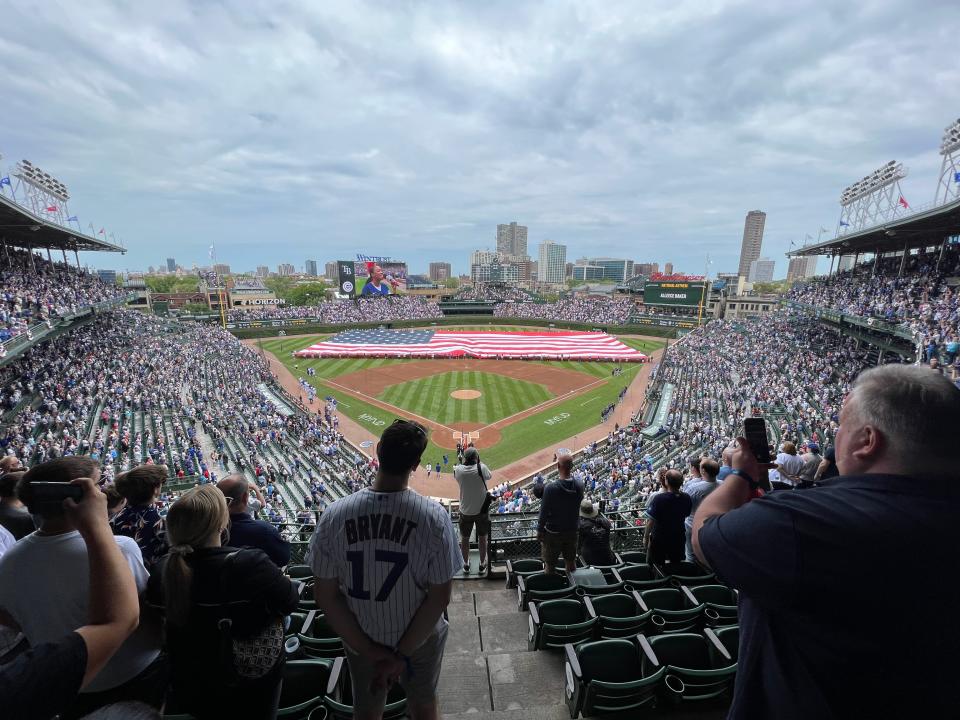
"Renovations in recent years have certainly modernized both the interior of the Friendly Confines and its surroundings, but its sense of history remains unrivaled."
Opened: 1914
Capacity: 41,649
4. Camden Yards – Baltimore Orioles
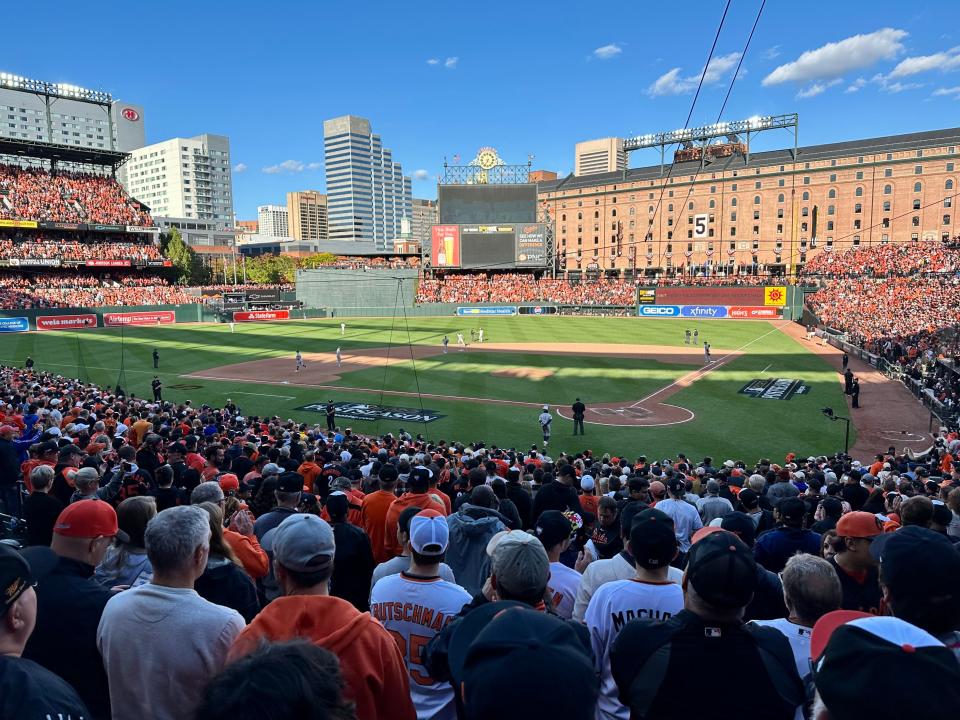
"When this gem opened in 1992, it reversed every trend in the design and site selection of stadiums. The downtown retro ballpark still draws rave reviews for its intimacy and throwback look. Credit urban planner and architect Janet Marie Smith, who is still rewriting the ballpark history books."
Opened: 1992
Capacity: 44,970
5. Fenway Park – Boston Red Sox
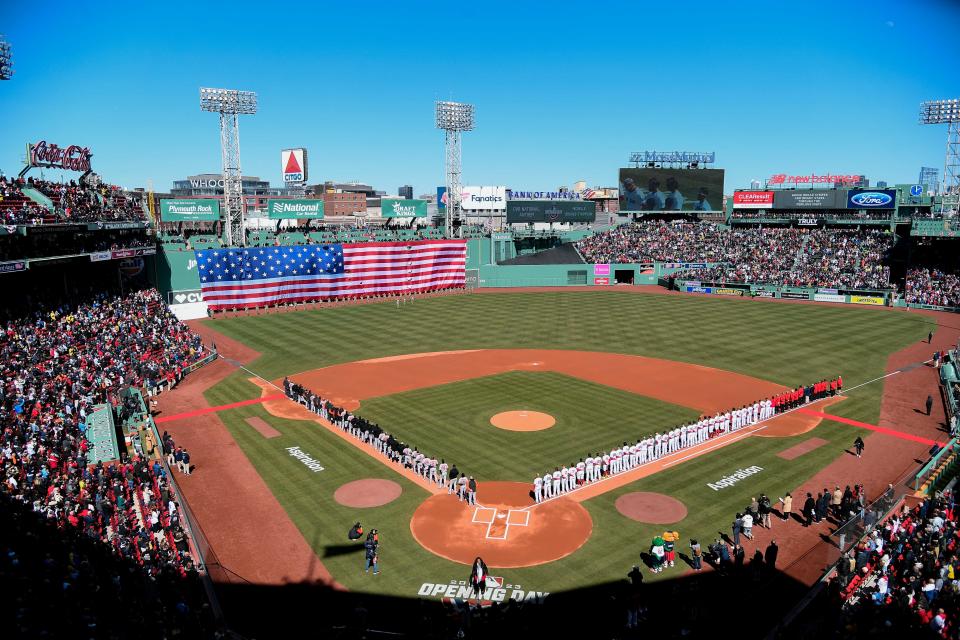
"'Intimate,' 'quaint' and 'historic' are adjectives that immediately come to mind. However, parking is extremely scarce (and prohibitively expensive) and sightlines are not favorable around the park."
Opened: 1912
Capacity: 37,755
6. Petco Park – San Diego Padres
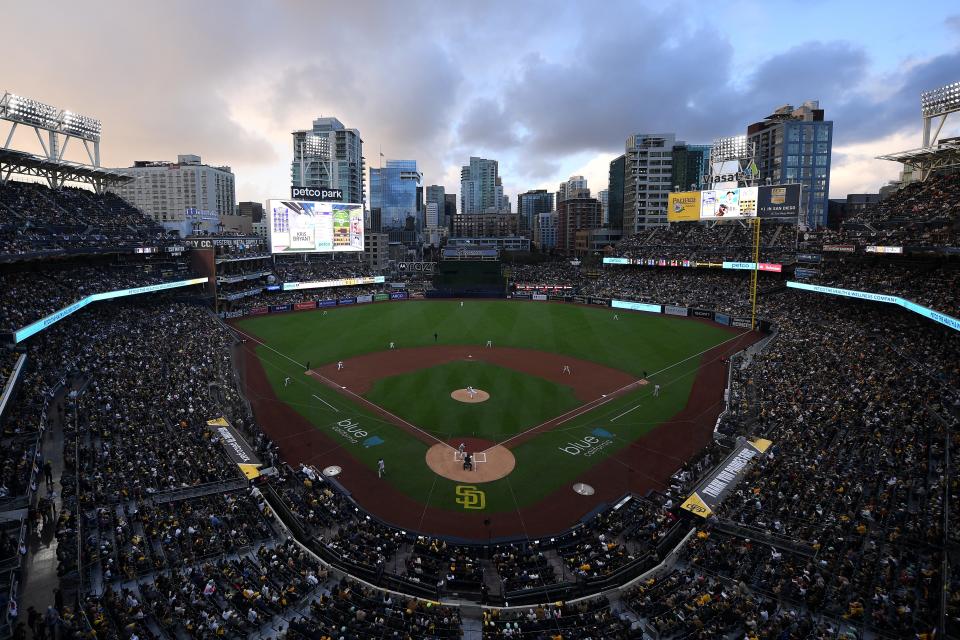
"The 2024 season marks the 20th anniversary of the most aesthetically pleasing baseball facility ever built. This is a testament to the design work of Antoine Predock, renowned architect who passed away in March 2024. The ballpark’s exterior and concourses would be at home in a museum and its landscaping in a topiary hall of fame."
Opened: 2004
Capacity: 40,209
7. Dodger Stadium – Los Angeles Dodgers
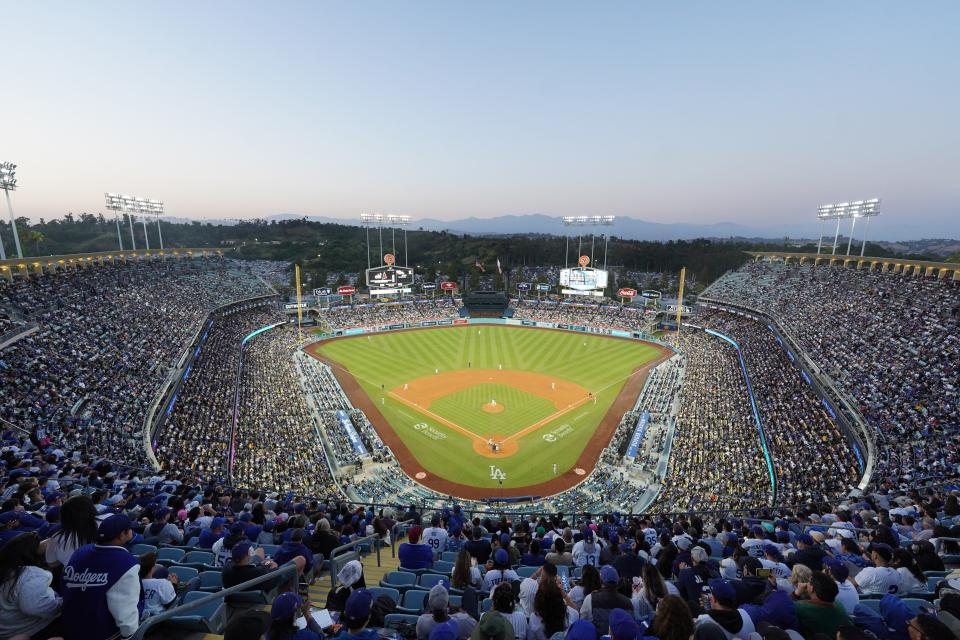
"As you stroll around this ballpark in Chavez Ravine, it is hard to imagine that only Wrigley and Fenway are older big-league facilities. Thanks to its impeccable upkeep and the magic of Janet Marie Smith (including her $100-million reimagining of the area beyond the outfield pavilion seats), it feels brand new."
Opened: 1962
Capacity: 56,000
8. Coors Field – Colorado Rockies
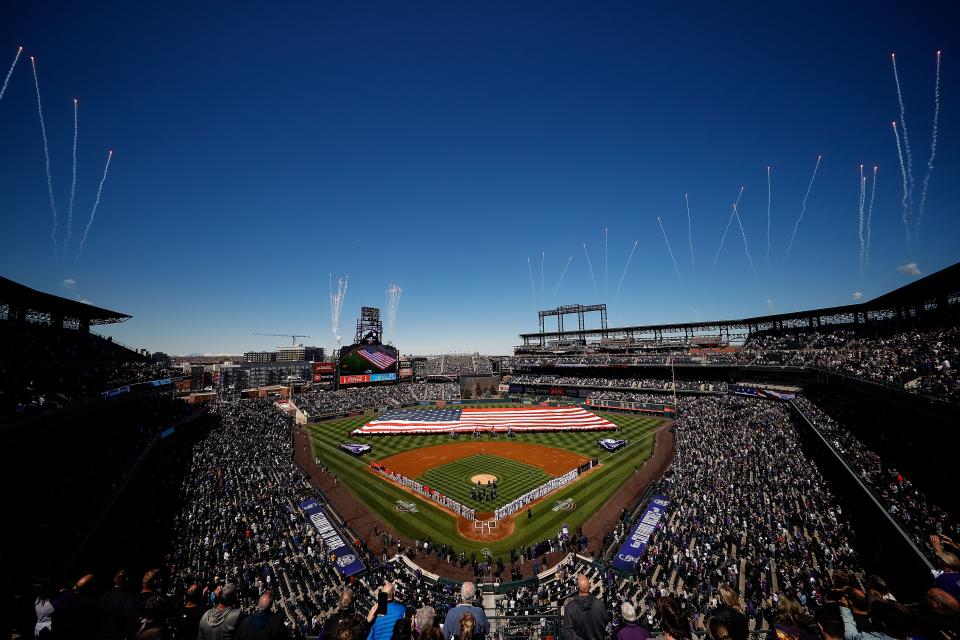
"With the debut of The Rooftop in 2014, the Rockies turned seldom-used seating sections in right field into perfect hangout spots for fans in their 20s and 30s. And the view of the Rocky Mountains – although diminished somewhat by recently constructed high-rise buildings – is still stunning."
Opened: 1995
Capacity: 50,480
9. T-Mobile Park – Seattle Mariners
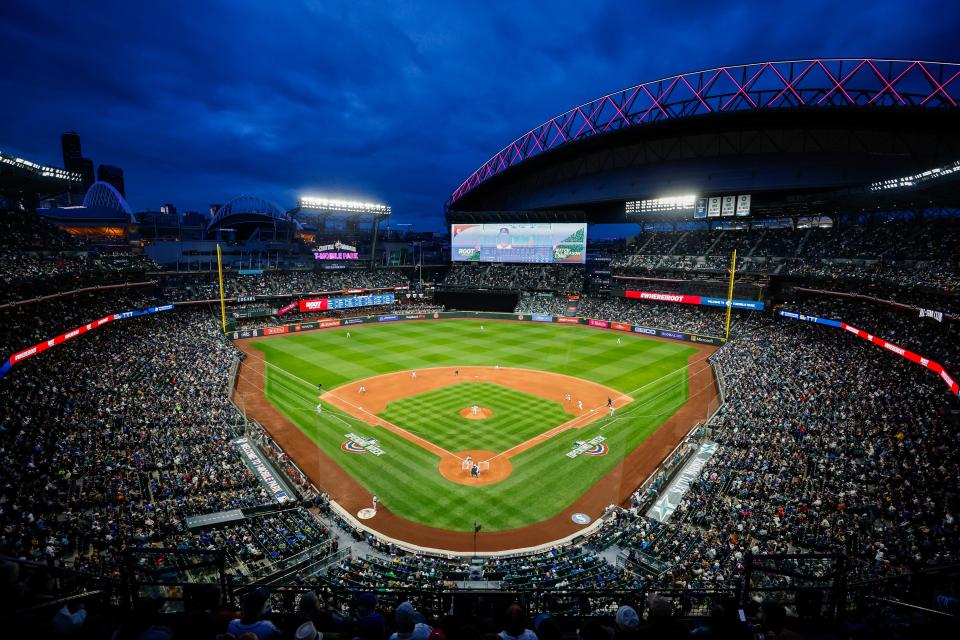
"This is a beautifully designed ballpark with tremendous concessions and gorgeous views. Even when the roof is closed on rainy days, it’s not claustrophobic, as the area above the left field stands remains open."
Opened: 1999
Capacity: 47,929
10. Target Field – Minnesota Twins
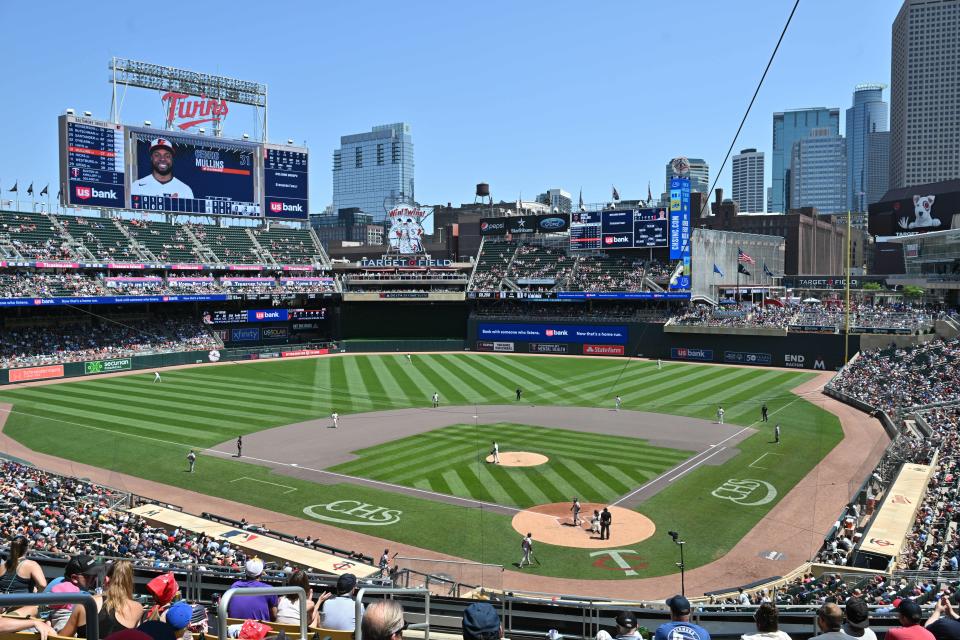
"When you attend a Twins game here, make note of the miraculous way a comfortable big-league stadium has been crammed into such a small site. Ample public transportation makes the place wonderfully accessible."
Opened: 2010
Capacity: 38,544
11. Citi Field – New York Mets
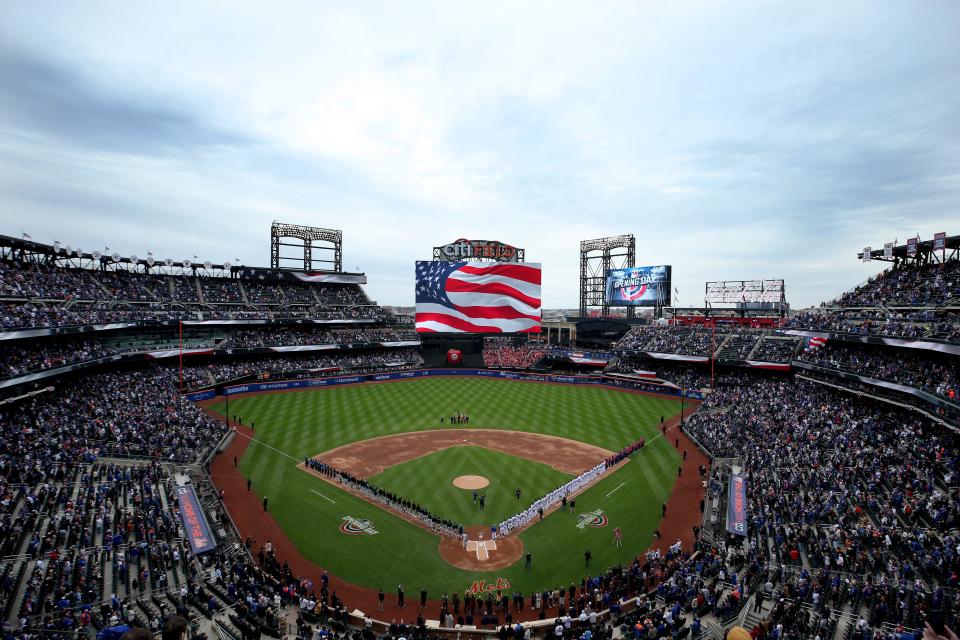
"The Mets’ home opened in 2009, the same year as the Yankees’ new stadium nine miles away. Citi Field, though, provides far more fun, food and fan amenities than the Yanks’ austere facility."
Opened: 2009
Capacity: 41,800
12. Kauffman Stadium – Kansas City Royals
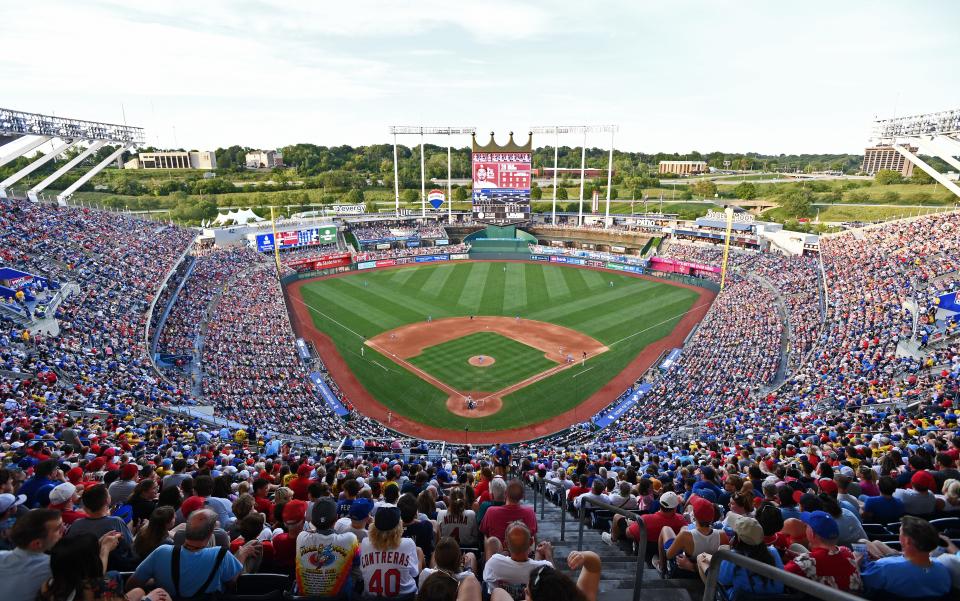
"When the Royals announced that they plan to build a new ballpark in downtown Kansas City by 2028, it drove home the point that the massive $250 million renovation of Kauffman Stadium in 2009 had outlived its usefulness. Still, the sightlines, stunning videoboard and especially the fountains continue to provide a wonderful fan experience at The K."
Opened: 1973
Capacity: 37,903
13. Citizens Bank Park – Philadelphia Phillies
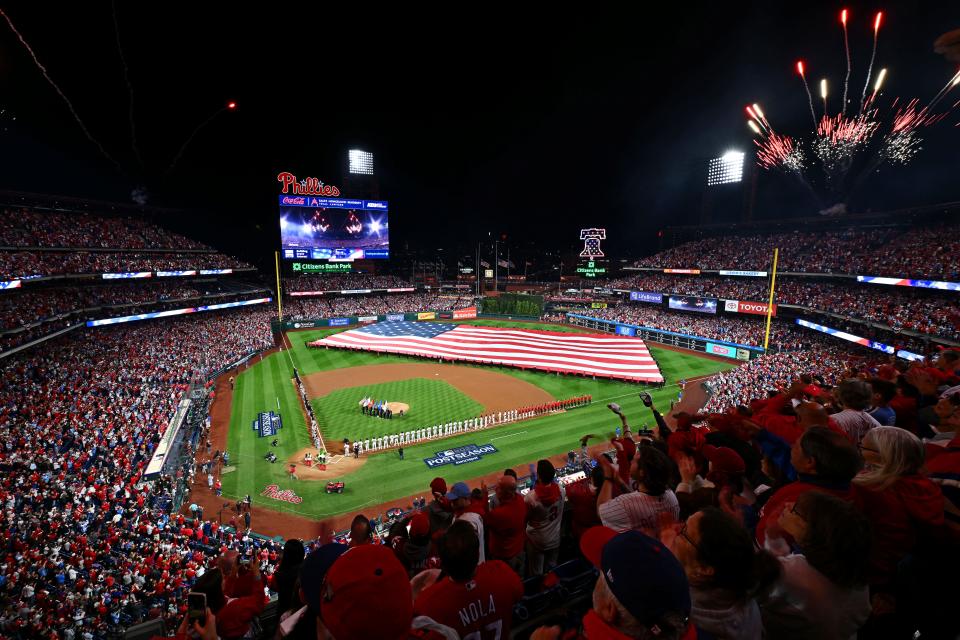
"The architectural cousin of Nationals Park, CBP offers a wonderful view of Philadelphia’s skyline and impressive food offerings."
Opened: 2004
Capacity: 42,901
14. Comerica Park – Detroit Tigers
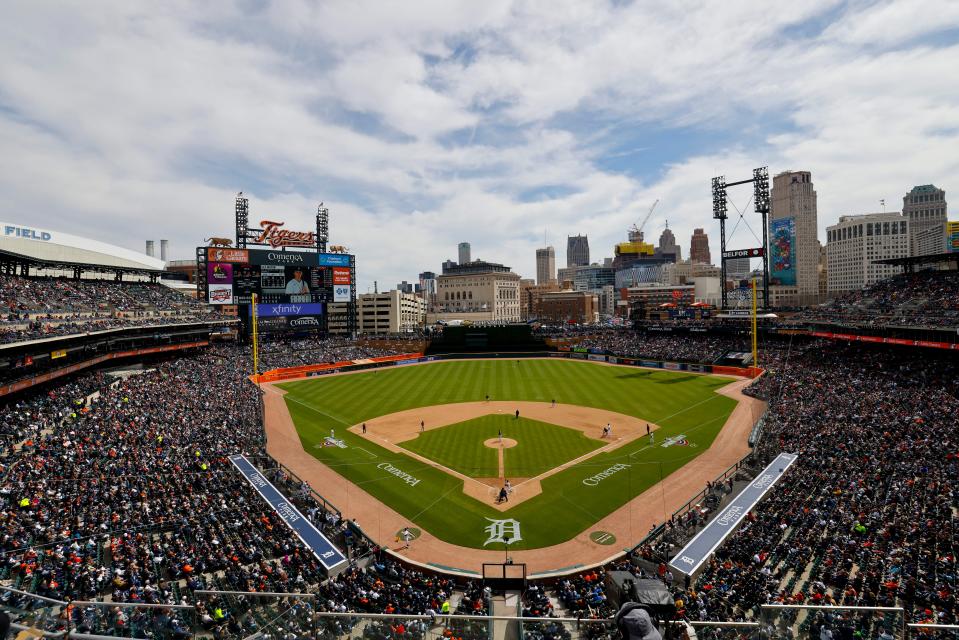
"There are a number of things to like here, such as the fountains, statues (my favorite is Ernie Harwell), carousel, and Ferris wheel."
Opened: 2000
Capacity: 41,083
15. Minute Maid Park – Houston Astros
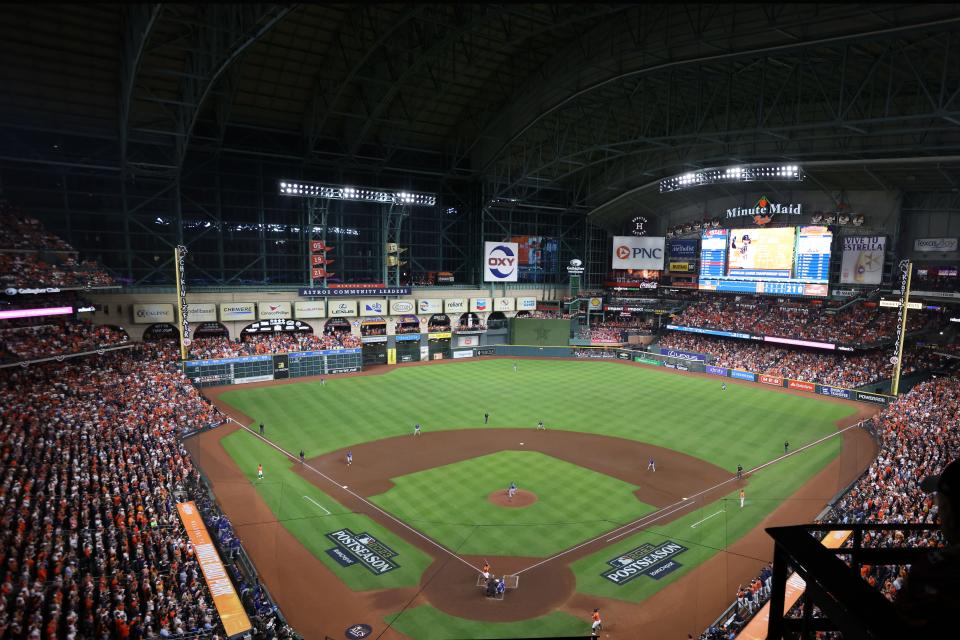
"Does the market need an air-conditioned facility? Sure, but the look of the retractable roof is far less appealing than the ones in Seattle, Miami and Arlington. The left field concourse is also way too narrow."
Opened: 2000
Capacity: 40,963
16. Truist Park – Atlanta Braves
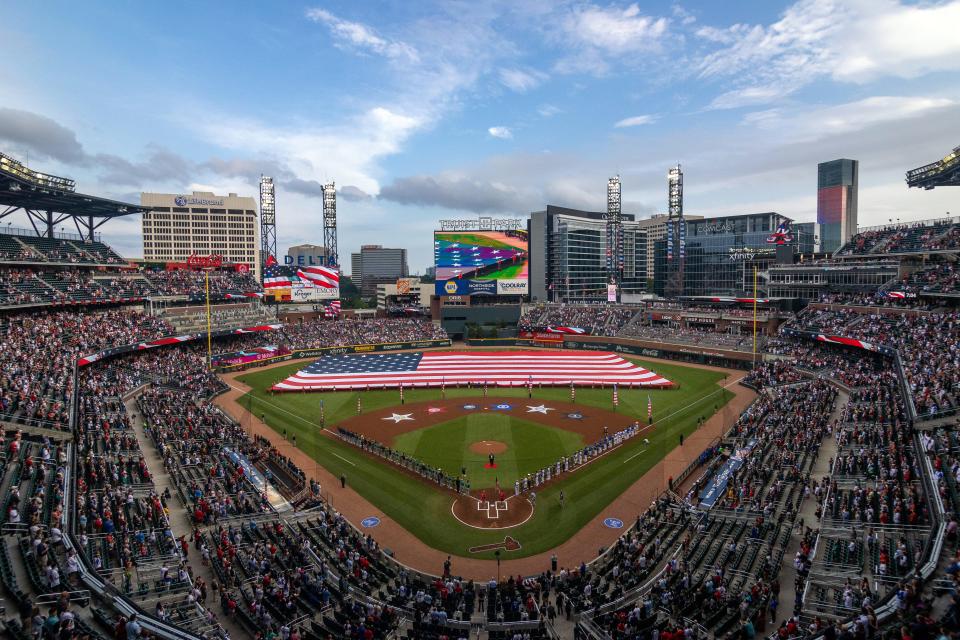
"The mixed-use development known as The Battery adjacent to Truist Park provides endless eating, drinking and entertainment options before and after Braves games. Inside the park, don’t miss The Chop House and the tribute to Hank Aaron."
Opened: 2017
Capacity: 41,084
17. Busch Stadium – St. Louis Cardinals
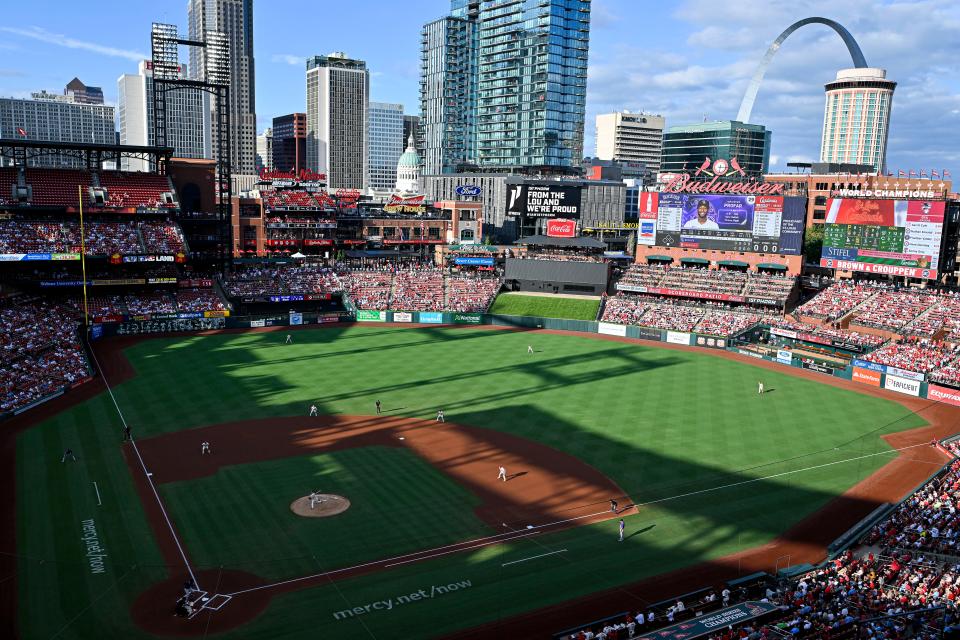
"A solid example of a modern-day retro-looking stadium. Like Atlanta, there is a lot to do in the Ballpark Village across the street."
Opened: 2006
Capacity: 45,494
18. LoanDepot Park – Miami Marlins
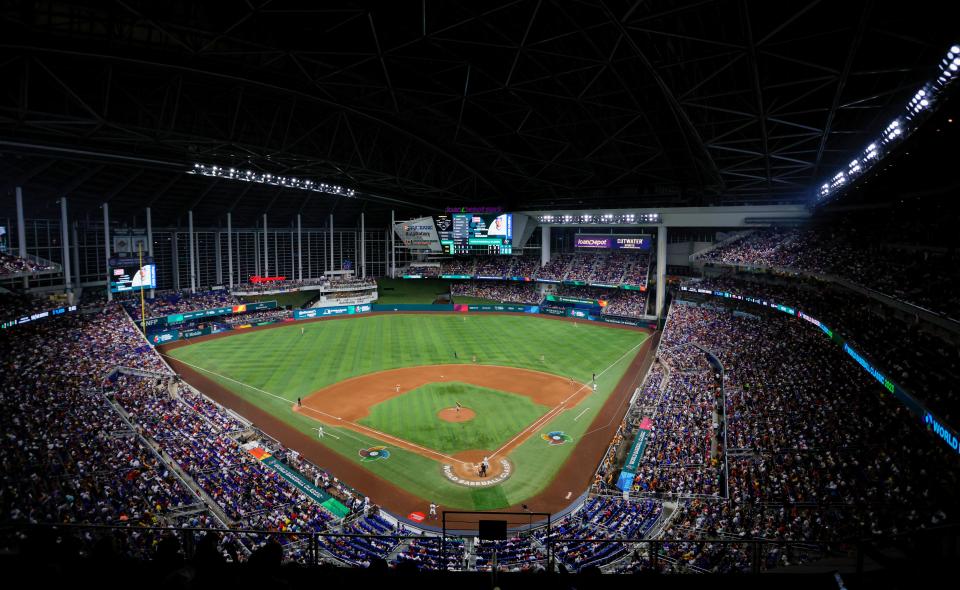
"Many critics of this park haven’t actually attended a game here. Located in Little Havana, its design and bright colors – and view of the skyline – make it a perfect fit in Miami."
Opened: 2012
Capacity: 37,442
19. Progressive Field – Cleveland Guardians
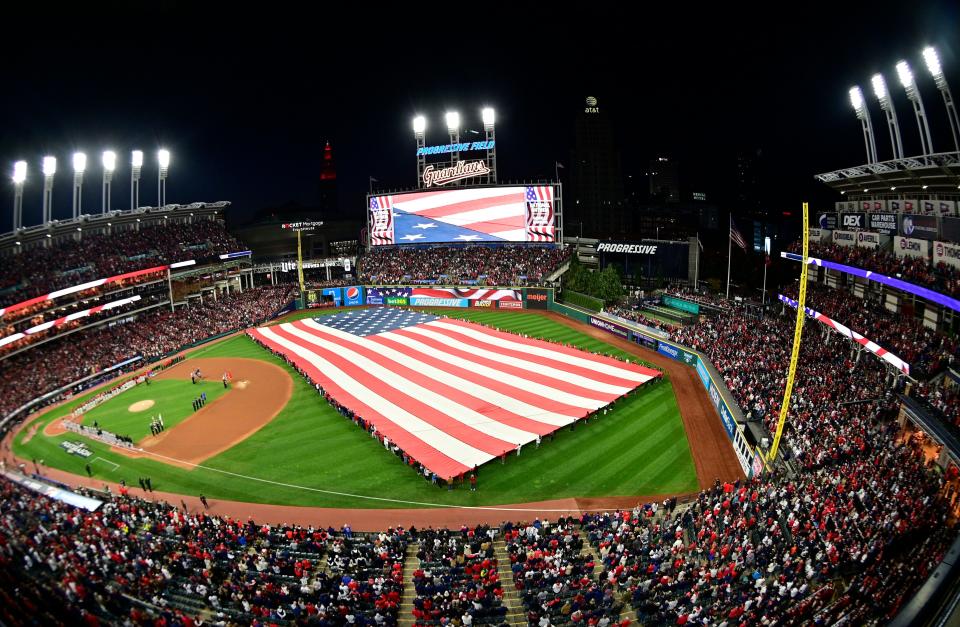
"After the newness wore off this 1994 ballpark, renovations have become the order of the day, with the most impressive being food courts in right field. By 2025, even more improvements are planned, with the total price tag at $200 million."
Opened: 1994
Capacity: 34,830
20. Yankee Stadium – New York Yankees
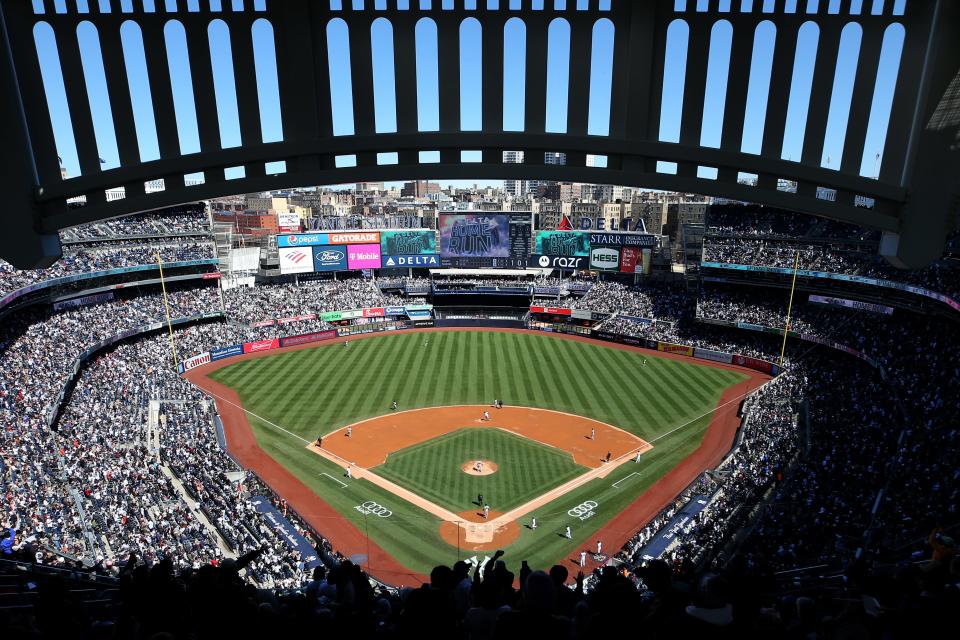
"The Yankees had the chance to create a ballpark for the ages, but instead built a facility that does little beyond honoring the team that plays in it. Not nearly as fun as the Mets’ park in Queens, it does offer the Yankees Museum (as if the whole stadium weren’t pretty much a Yankees Museum) and Monument Park."
Opened: 2009
Capacity: 50,287
21. Rogers Centre – Toronto Blue Jays
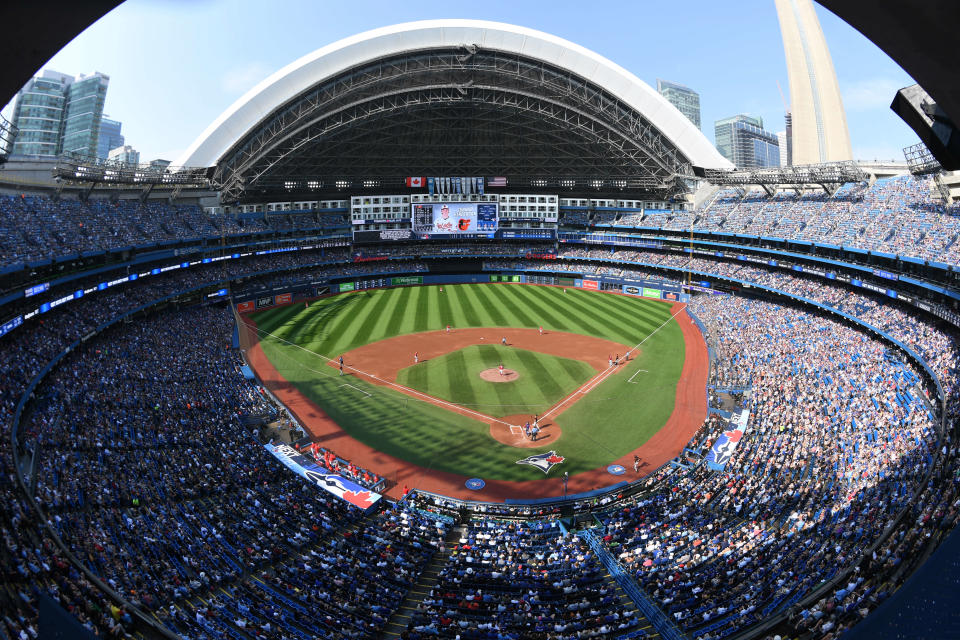
"This stadium moved up my rankings due to the renovations undertaken in recent years. All told, $300 million has been spent on the 'Outfield District,' with new social spaces and lounges, reorienting seats and changing the outfield dimensions, making the place a lot less sterile."
Opened: 1989
Capacity: 41,500
22. Globe Life Field – Texas Rangers
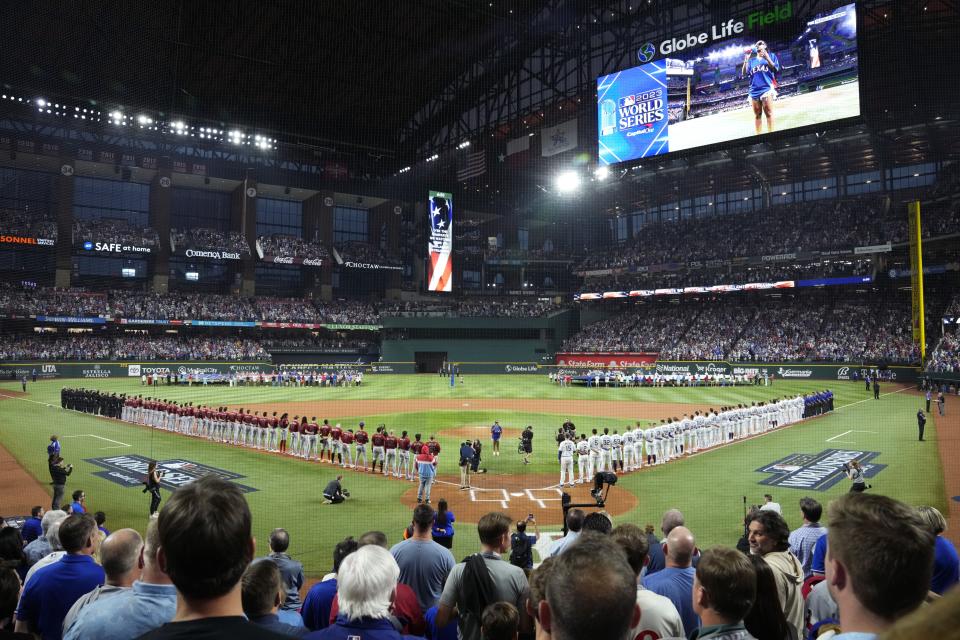
"Fans of the 2023 World Series champions love the intimate size, concession options and (especially) air conditioning compared to their previous home across the street. Fun fact: the AC can operate even when the retractable roof is open."
Opened: 2020
Capacity: 40,300
23. Angel Stadium – Los Angeles Angels
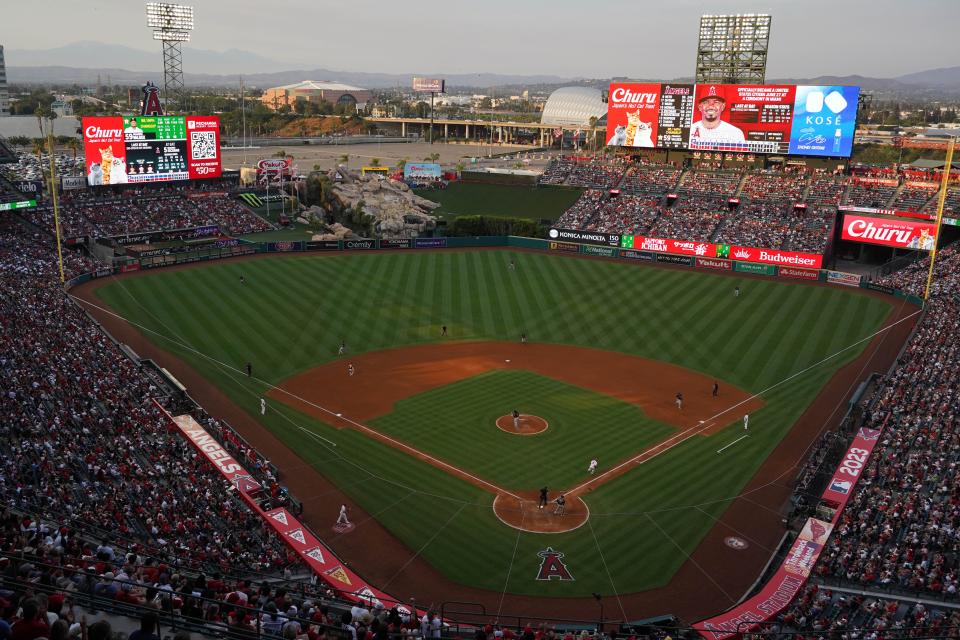
"A ballpark that needs to be replaced, as (even with major renovations in 1998) it is showing its age."
Opened: 1966
Capacity: 45,603
24. American Family Field – Milwaukee Brewers
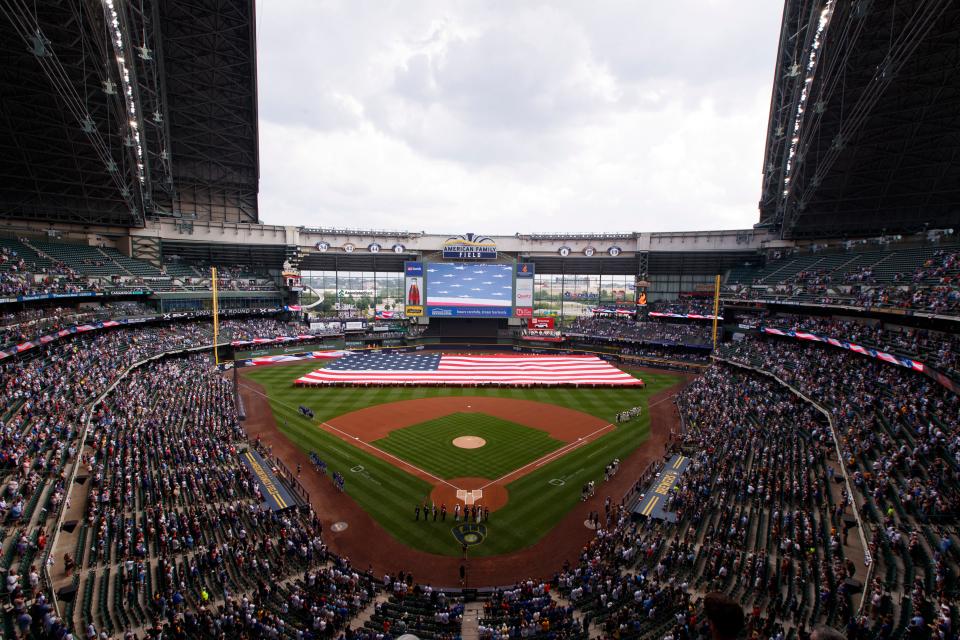
"Perhaps this stadium’s best feature is what happens outside: the incredible number of people enjoying tailgating before Brewers games. Inside, the sausages and related concessions are the best in baseball."
Opened: 2001
Capacity: 41,900
25. Nationals Park – Washington Nationals
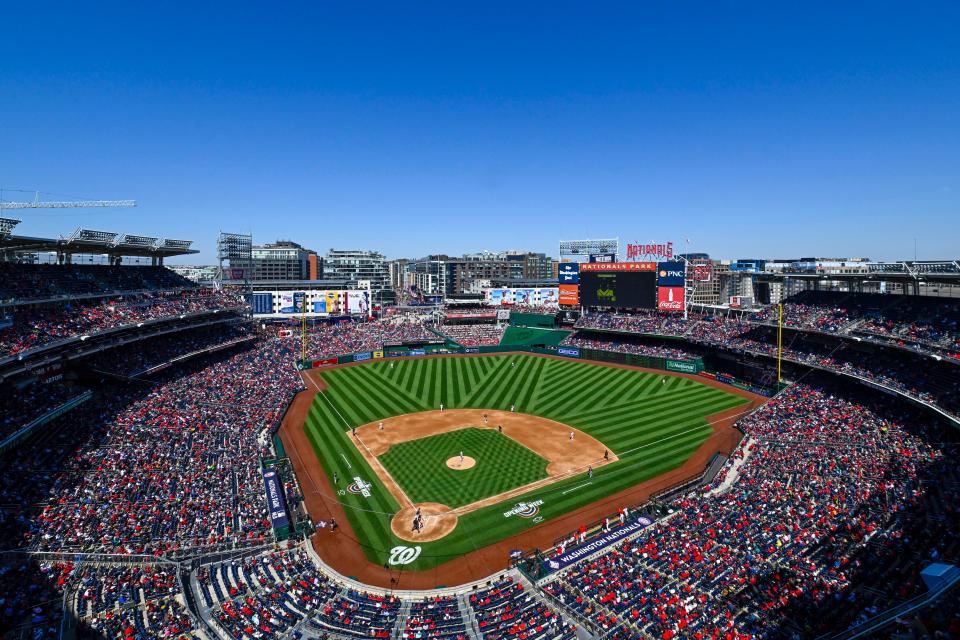
"By no means a spectacular architectural achievement, its look fits perfectly in a city known for its monuments. The Presidents Race is one of baseball’s more endearing traditions."
Opened: 2008
Capacity: 41,339
26. Great American Ball Park – Cincinnati Reds

"A middling entry in the retro-ballpark revolution. It’s nice that it sits on the banks of the Ohio River, providing a nice view from the upper deck, plus it features The Notch, an opening that allows fans walking toward the park from downtown to catch a glimpse of the interior."
Opened: 2003
Capacity: 42,271
27. Chase Field – Arizona Diamondbacks
"The best things this park offers: among the lowest cost to attend a game of any MLB team; air conditioning; a swimming pool; and an exciting young team. Otherwise, the sightlines aren’t great, and there are way too many seats too far from the field. Better bet: go see the D-backs in March at Salt River Fields, the best of all spring-training facilities."
Opened: 1998
Capacity: 48,633
28. Guaranteed Rate Field – Chicago White Sox
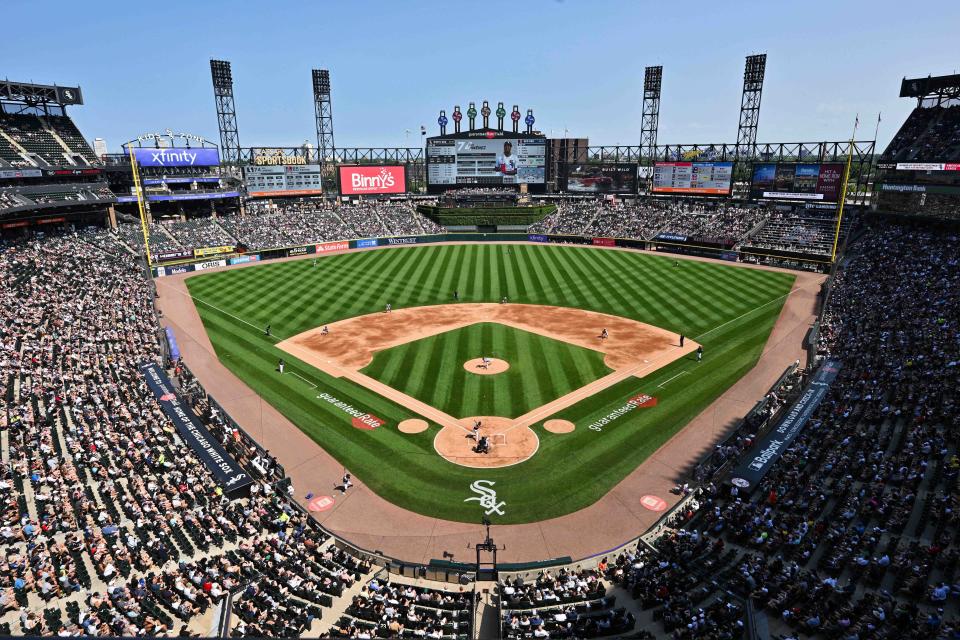
"Significant renovations in 2006 removed some of the sterile atmosphere here, thereby extending this stadium’s life, but there’s only so much that can be done. White Sox fans might be stuck with this for a while."
Opened: 1991
Capacity: 40,615
29. Tropicana Field – Tampa Bay Rays
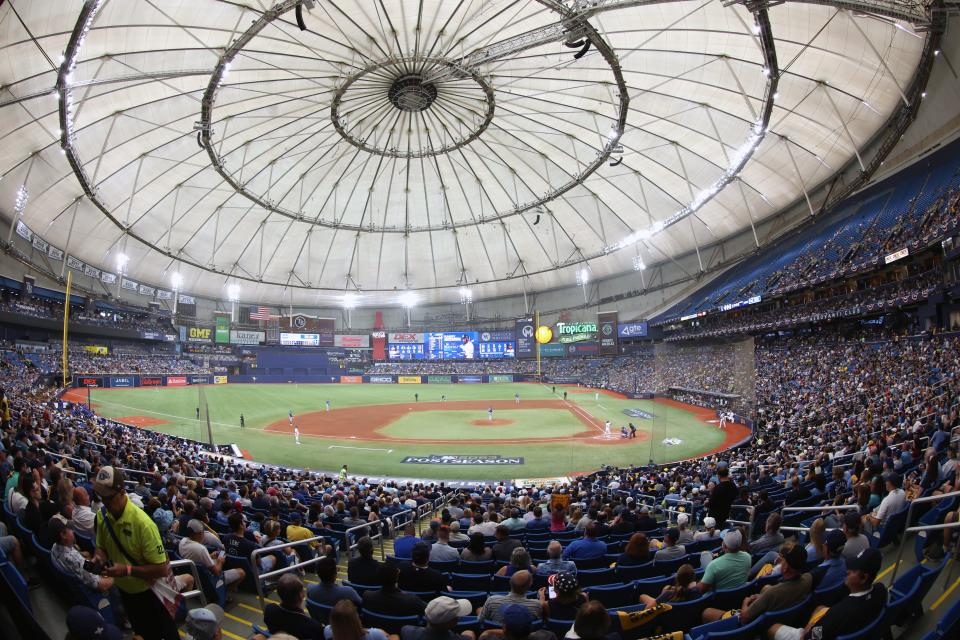
"The two most important things you can say about The Trop: at least the team has made an effort to make this sterile environment inviting; a solid plan may be in place to replace it."
Opened: 1990
Capacity: 25,000
30. Oakland Coliseum – Oakland Athletics
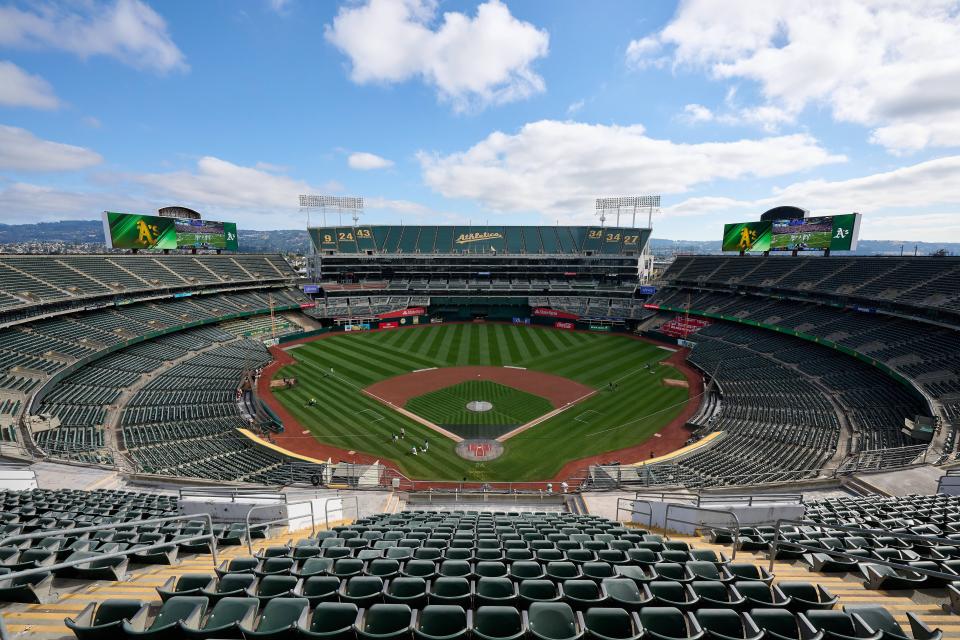
"With the A’s committed to moving to Las Vegas, this rundown, wholly inadequate place will likely deteriorate even more. The fans deserve better." – Joe Mock, BaseballParks.com
Opened: 1966
Capacity: 46,867
About Joe Mock: Joe has attended games at all 30 Major League parks, all 23 spring training parks and all 119 affiliated Minor League parks – plus plenty of indy league and college facilities. He’s operated BaseballParks.com since 1997, and there he’s posted nearly 100 in-depth reviews of parks that have opened in the last quarter century. His ballpark expertise has landed him appearances on the Travel Channel and History Channel. You can follow his ballpark escapades on X @baseballparks.
This article originally appeared on USA TODAY: MLB stadium rankings: Baseball's 30 ballparks from best to worst

 Yahoo Sports
Yahoo Sports 
